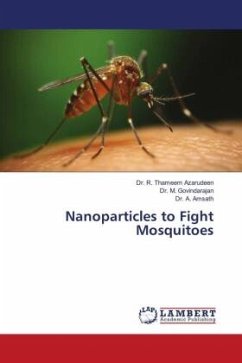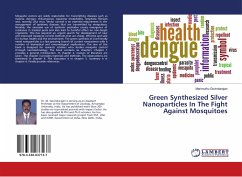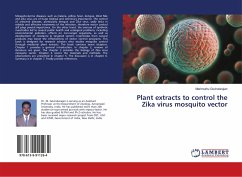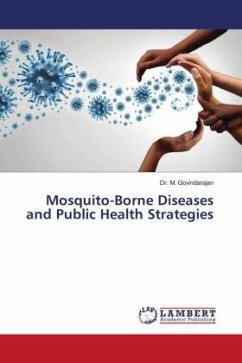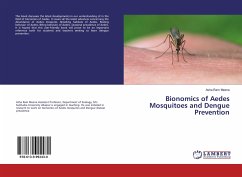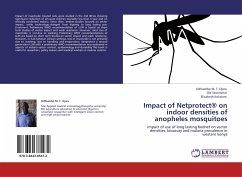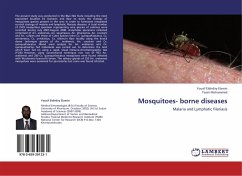Mosquito-borne diseases continue to be a global health concern, affecting millions of people every year. Malaria, dengue fever, Zika virus, and other mosquito-borne illnesses pose a significant threat to public health, particularly in regions with limited resources. Traditional methods of mosquito control, such as insecticide spraying and bed nets, have shown varying levels of effectiveness but also come with drawbacks, including insecticide resistance and environmental concerns. In recent years, nanotechnology has emerged as a promising tool in the fight against mosquitoes. Nanoparticles, tiny particles with unique properties due to their size, have the potential to revolutionize mosquito control strategies. This book explores how nanoparticles are being harnessed to combat mosquitoes and the diseases they transmit.

